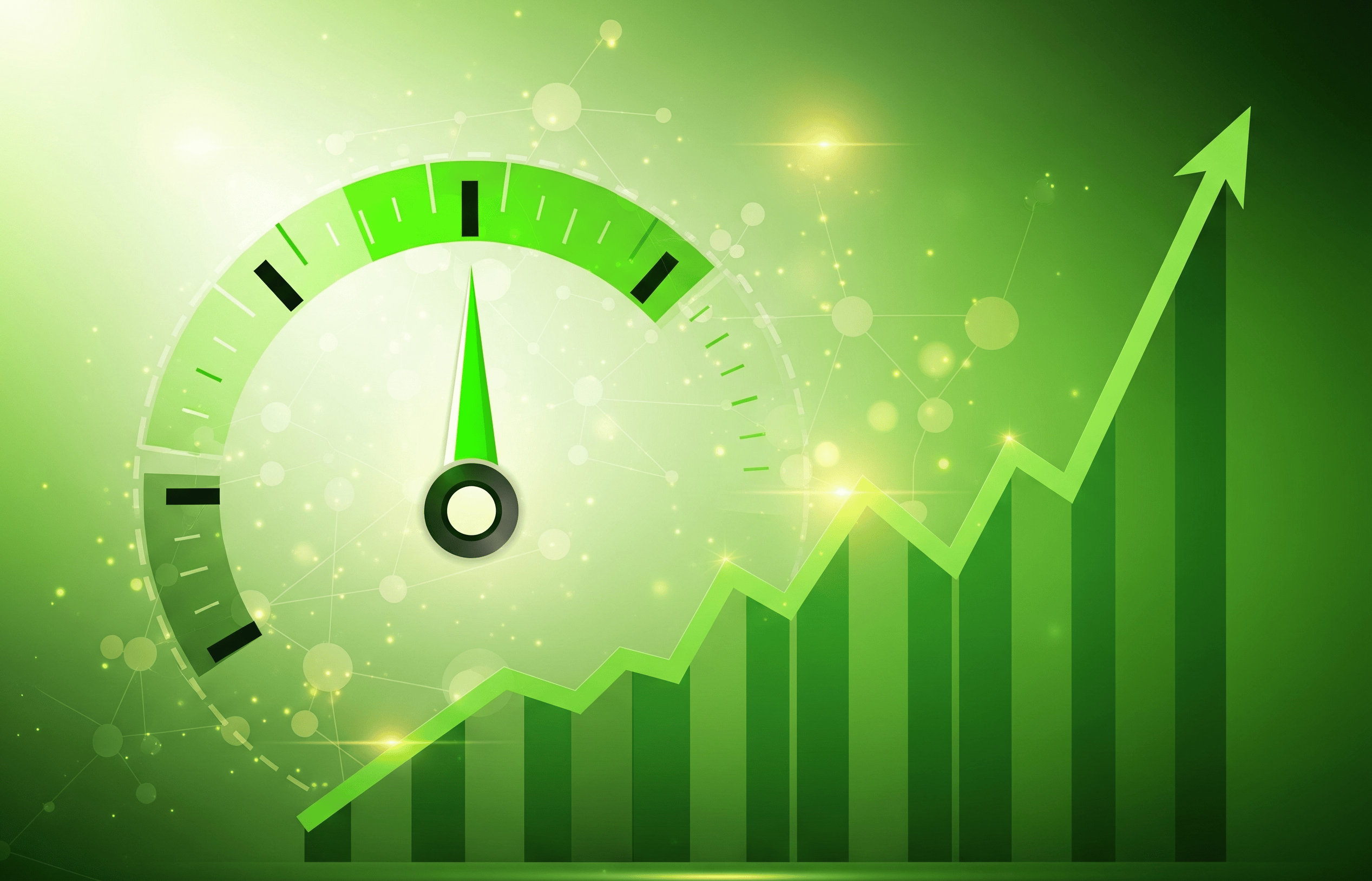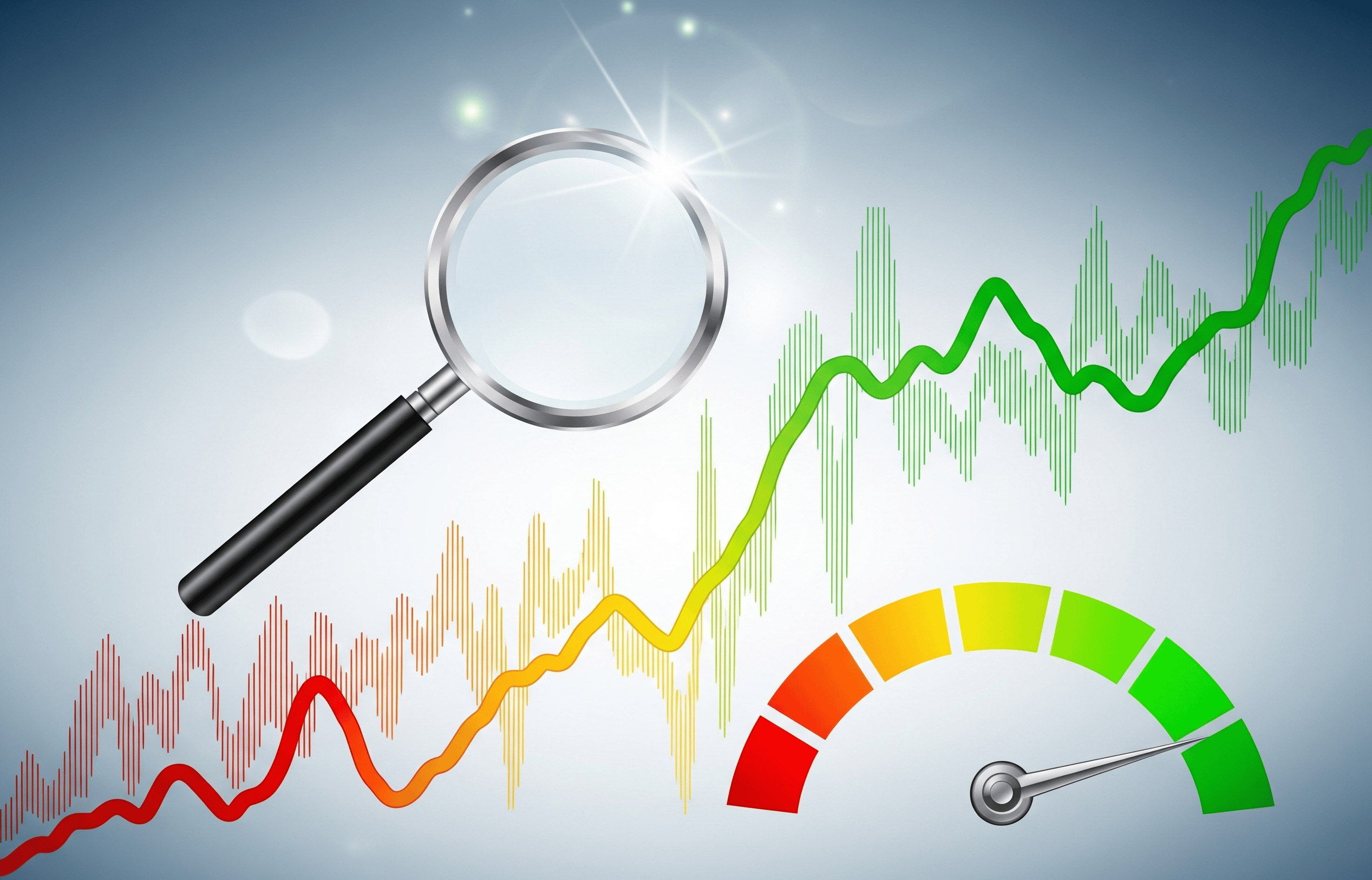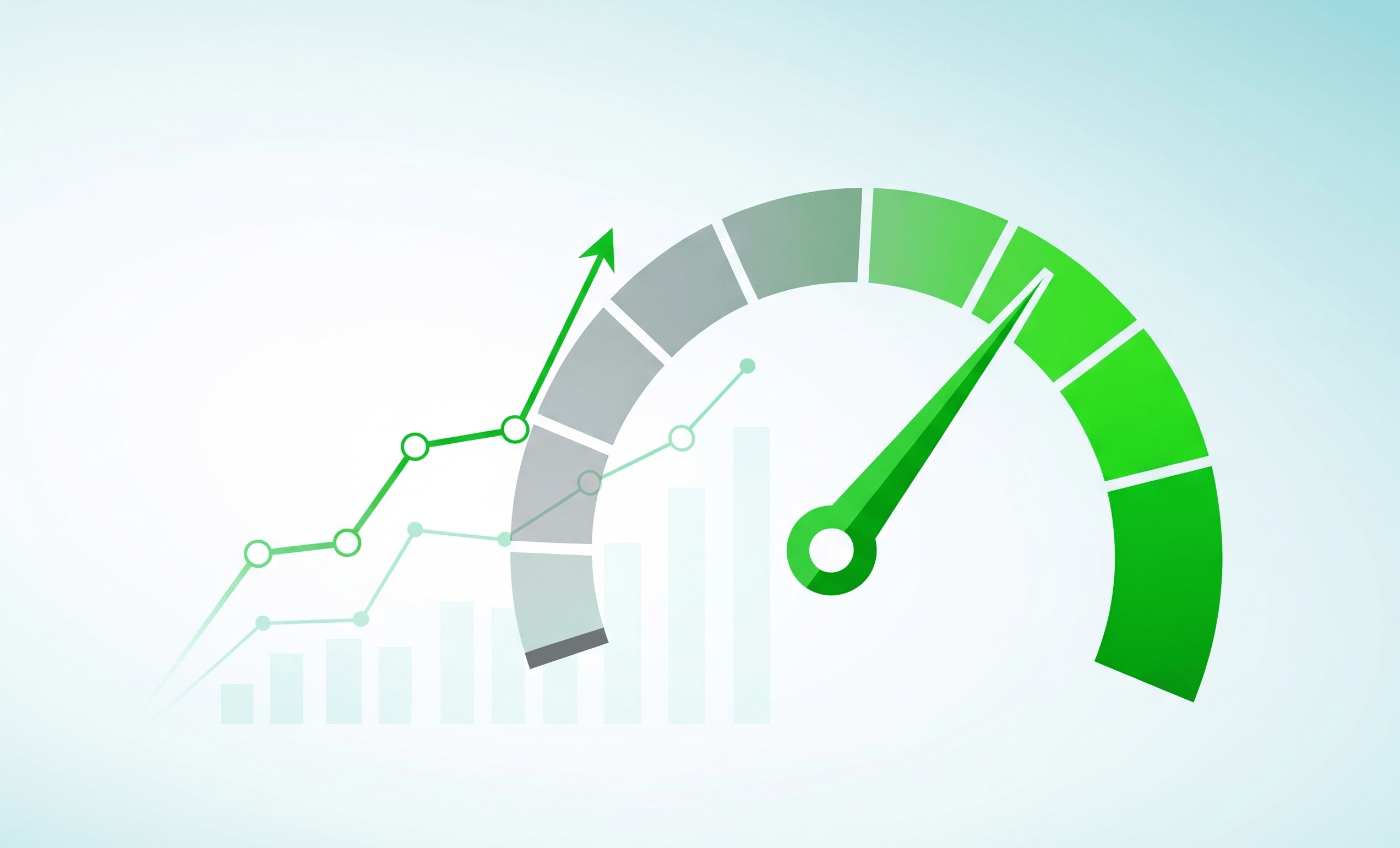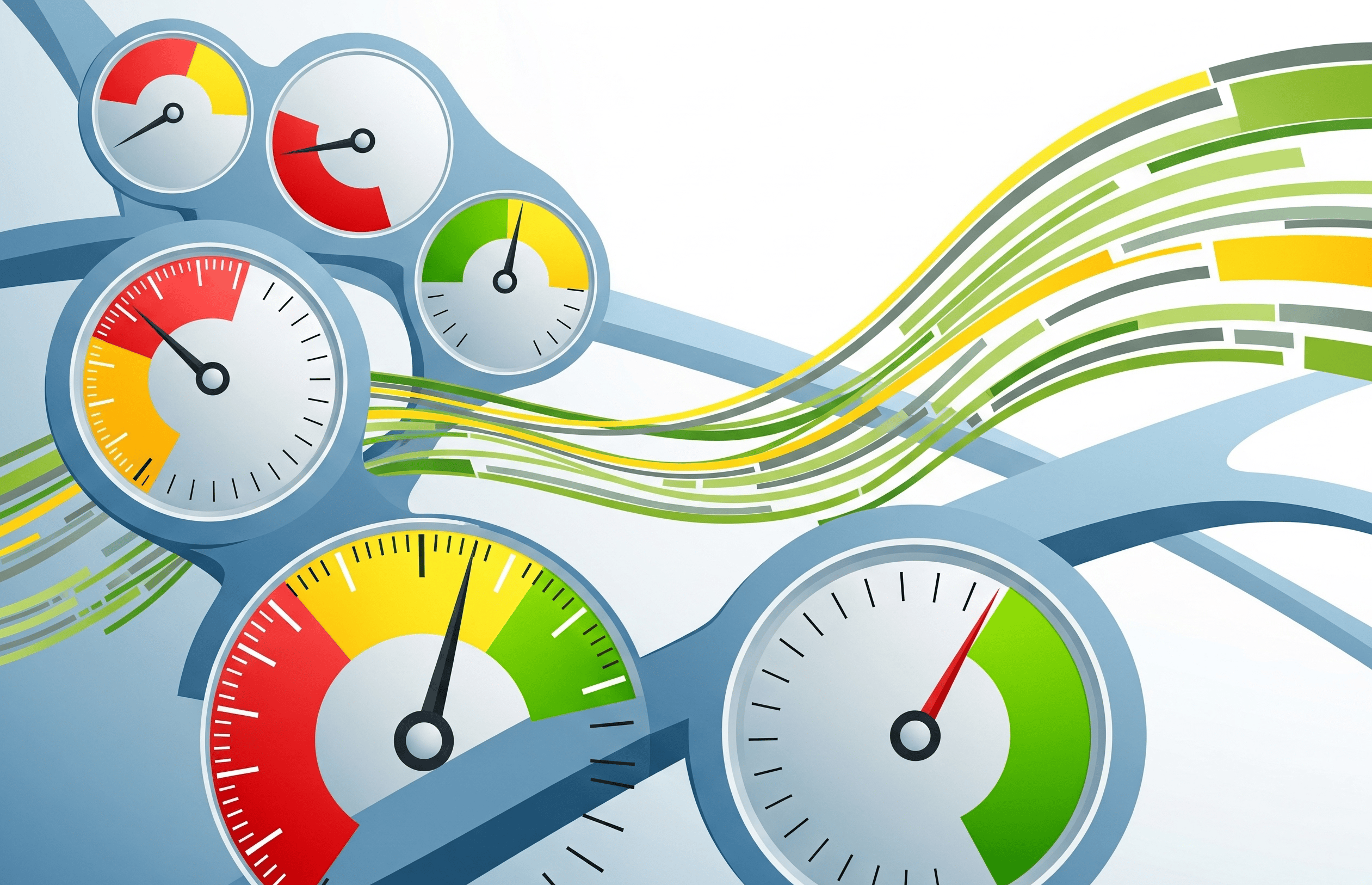A credit score is a number that shows how likely you are to pay back borrowed money. It’s like a report card for your financial habits. Lenders, like those offering mortgages or credit cards, use it to decide if they’ll lend you money and at what interest rate. Some jobs, like firefighters and financial advisors, would also require a good credit score. A good credit score opens doors to better loan terms and lower rates, saving you money over time. Knowing what makes a good score can help you take steps to improve your financial future. This article explains credit score ranges, what affects your score, and how tools like Cheers Credit Builder can help you build credit.
Understanding Credit Scores
A credit score is a three-digit number, usually between 300 and 850 in the U.S., that sums up your creditworthiness. It’s based on information in your credit report, which tracks your borrowing and repayment history. The most common scoring model is FICO, used by 90% of top lenders. Another model, VantageScore, is also widely used. Both models look at similar factors but weigh them differently. Your score changes as your financial behavior changes, like when you pay bills on time or miss a payment. Higher scores mean you’re seen as less risky to lenders. Credit scores matter because they affect your ability to get loans, rent apartments, or even land certain jobs.
What Is a Good Credit Score?

A good credit score typically falls between 670 and 739 on the FICO scale. Scores above 740 are considered excellent, while those below 580 are poor. VantageScore uses similar ranges, with 661 to 780 being good. A good score means you’re likely to qualify for loans with favorable rates. For example, someone with a 700 score might get a lower interest rate on a car loan than someone with a 600 score. The difference can save hundreds or thousands of dollars over the loan’s life. Scores aren’t static; they can improve with consistent effort. Knowing where you stand helps you set realistic goals. Check your score through free services offered by credit bureaus or financial apps.
Factors That Impact Your Credit Score
Your credit score is shaped by five main factors.
- Payment history is the biggest, making up 35% of your FICO score. Paying bills on time, every time, boosts your score. Late payments, even by a few days, can hurt it.
- Credit utilization, or how much of your available credit you’re using, accounts for 30%. Keeping your credit card balances below 30% of your limit is ideal.
- The length of your credit history, worth 15%, looks at how long you’ve had credit accounts. Older accounts help your score.
- Credit mix, 10%, considers the variety of accounts you have, like credit cards and installment loans. Having both can improve your score.
- New credit inquiries, also 10%, track how often you apply for credit. Too many inquiries in a short time can lower your score. Understanding these factors shows you where to focus your efforts.
How Cheers Credit Builder Can Help
Cheers Credit Builder offers a simple way to build credit while saving money. You choose a plan with loan amounts from $600 to $3,600 and terms from 12 to 24 months. Each month, you make a payment plus a low 1% monthly APR (12% annual APR). Cheers reports these payments to all three major credit bureaus—Equifax, Experian, and TransUnion. This builds a positive payment history, which can account for up to 35% of your score. The funds are held in an FDIC-insured account through Cheers’ partner bank. When the term ends, you get back your payments, minus the interest. Cheers doesn’t require a credit check, only identity verification, so there’s no hard pull on your credit. There are no setup or membership fees, just the low APR. This makes it easy for anyone to start building credit. Cheers is not a bank. Deposit accounts are held by Sunrise Bank, Member FDIC.
Tips to Maintain or Improve Your Score
Building and keeping a good credit score takes consistent habits.
- Pay all bills on time to avoid drops in your score, as even one late payment can hurt it.
- Set up automatic payments to ensure you never miss a due date.
- Keep credit card balances low to maintain a healthy credit utilization ratio, ideally below 30% of your limit.
- Avoid opening too many new accounts at once, since this can signal risk to lenders and lower your score.
- Check your credit report regularly for errors by accessing free reports from Equifax, Experian, and TransUnion at AnnualCreditReport.com.
- Dispute any mistakes you find on your credit report promptly to correct them.
- Use tools like Cheers Credit Builder to establish a positive payment history without needing a credit card.
- Stay patient and consistent with small actions, as they lead to big improvements over time.
- Track your progress by monitoring your credit score through free services or apps.
Disclosure
This article is for informational purposes only and does not guarantee specific credit score improvements. Cheers complies with UDAAP, CAN-SPAM, and TCPA regulations to ensure transparent and fair practices. For more details, visit Cheers.credit.
References:
- Consumer Financial Protection Bureau: www.consumerfinance.gov[](https://www.consumerfinance.gov/data-research/research-reports/the-impact-of-differences-between-consumer-and-creditor-purchased-credit-scores/)[](https://www.consumerfinance.gov/data-research/research-reports/targeting-credit-builder-loans/)[](https://www.consumerfinance.gov/about-us/blog/credit-scores-only-tells-part-of-the-story-cashflow-data/)
- Federal Trade Commission: www.ftc.gov[](https://www.creditsesame.com/blog/money-credit-management/credit-in-2025-new-realities-you-cant-ignore/)
- FICO: www.myfico.com














